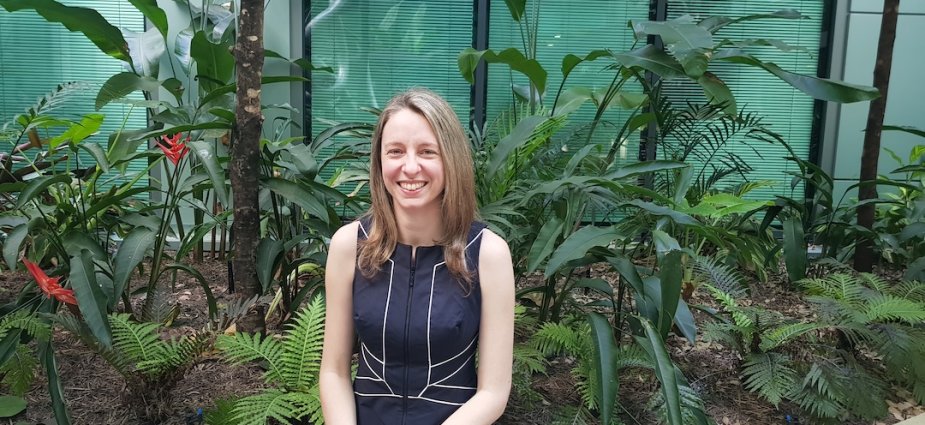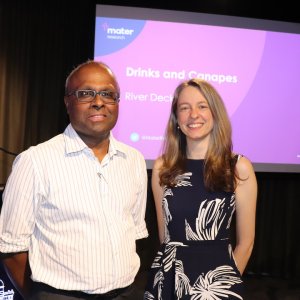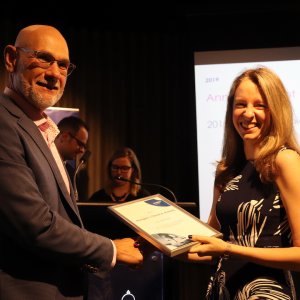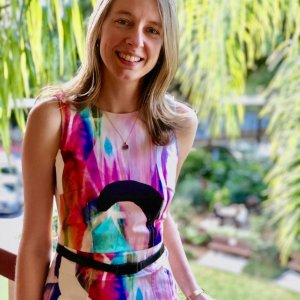Dr Lisa Gillinder is a trailblazing neurologist who works as one of only a few epileptologists in the country. Gillinder is based at the Mater Advanced Epilepsy Unit in South Brisbane. She was the first female doctor in Australia qualified to practise stereo-electroencephalography (SEEG), the first person to undertake an epilepsy surgery fellowship within Queensland and the first person to find a link between antibodies and certain types of epilepsy.
In her work at the Mater, she uses a diagnostic method in which electrodes are inserted into the brain to determine the source of epilepsy. This is a highly skilled approach drawing on the latest technology from electrical engineering, signal processing, robotics and image processing to identify an abnormal brain region that is causing seizures and allow for its removal.
Gillinder was among the first to apply this technique to the problem of autoimmune epilepsy, which was only formally recognised as an epilepsy sub-type in 2017. Epilepsy includes a number of different conditions, with up to 40 different types of seizures, with differing corresponding symptoms. This complexity means that it can potentially take years to reach an accurate diagnosis and then treatments must be curated specifically for that patient to combat the issue. This can be a significant psychological strain on patients, having to see a range of specialists and undertake a multitude of tests merely to reach a diagnosis and then moving forward with the sometimes extremely arduous task of finding an effective treatment. For many, the ongoing visits to doctors and hospitals are exhausting even without the added consideration of finances.
“I am hoping my work will help doctors to identify patients with this condition and they will no longer be misdiagnosed,” she said. “Epilepsy affects more than 250,000 Australians, with one-third of patients not responsive to standard therapies and some of these patients are having multiple seizures a day.” Autoimmune epilepsy is associated with antibodies and sometimes linked to cancer. This classification requires evidence of autoimmune-mediated central nervous system (CNS) inflammation. Treatment typically includes targeted immunotherapies, but Gillinder’s research/findings could change that “by utilising a surgical method and applying it to a medical problem in a field that is so technologically advanced we have the opportunity to create new treatment options for these patients”, she said.
Gillinder’s work has been ground breaking with almost all of her patients having a significant reduction in their seizures after they were treated with immunotherapy. Several became completely seizure free. She believes correctly diagnosing these patients is vital as immunotherapy is not typically offered to epilepsy patients. These people had been terribly disabled but are now able to return to work and live more normal lives because they received the right treatment for their condition. Gillinder, who studied at University of Queensland, has received many accolades for her continued work in both research and clinical medicine including winning the Women in Technology 2019 Rising Star Award, being named a finalist in the Research Australia 2019 Frontiers Research Award and receiving a Betty McGrath Fellowship for research.
Readers also enjoyed our story on Brisbane Distillery Sanitiser













